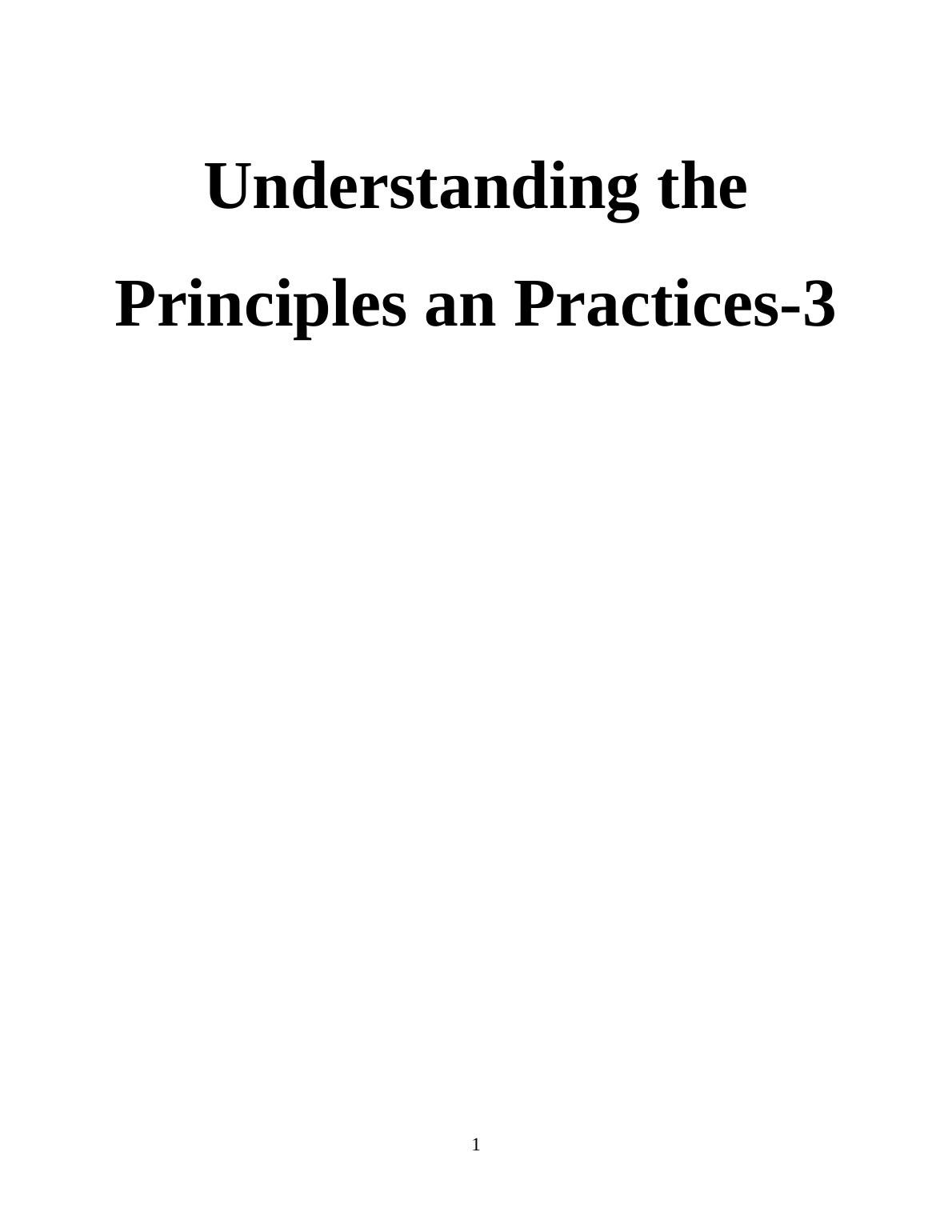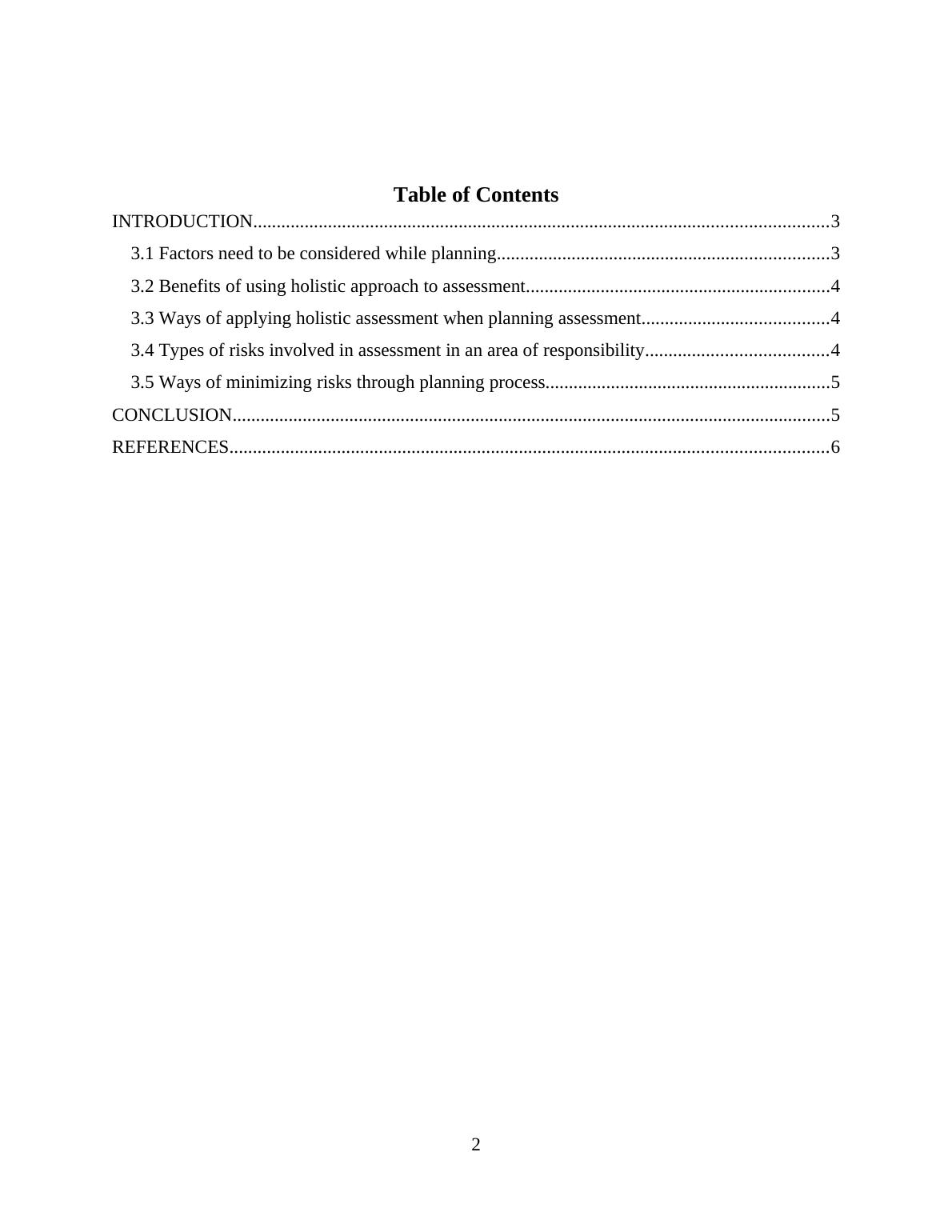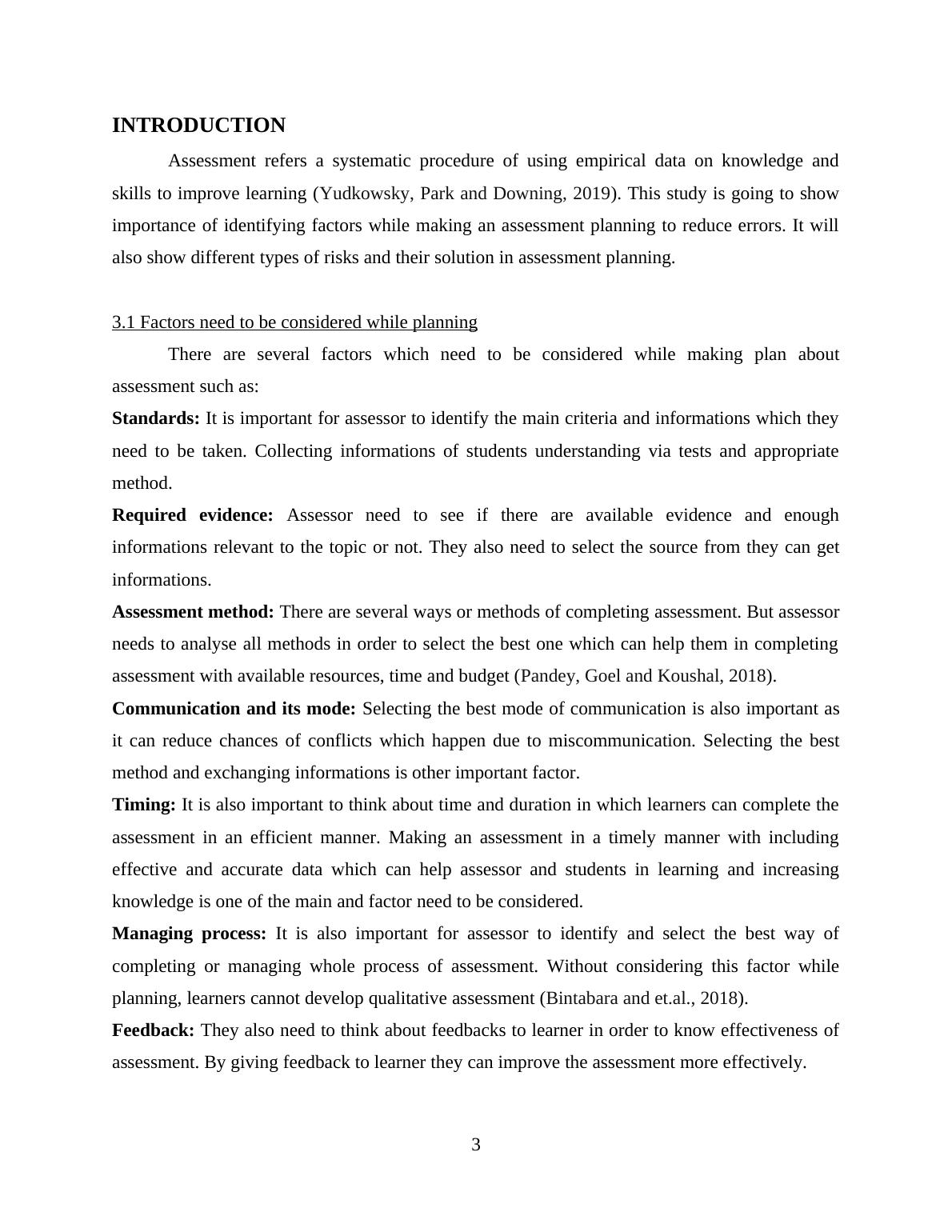Understanding the Principles and Practices of Assessment
Added on 2023-01-13
6 Pages1469 Words24 Views
End of preview
Want to access all the pages? Upload your documents or become a member.
Understanding the Principles and Practices of Assessment
|24
|6719
|27
Understanding the Principles and Practices of Assessment
|24
|8227
|51
Principles and Practices of Assessment in Learning and Development
|22
|7779
|193
Recording of Evidence in Dental Care: Methods and Importance
|10
|1438
|45
Range of Assessment Methods
|8
|2162
|281
Recording Learner Evidence - Assignment
|7
|1297
|75



